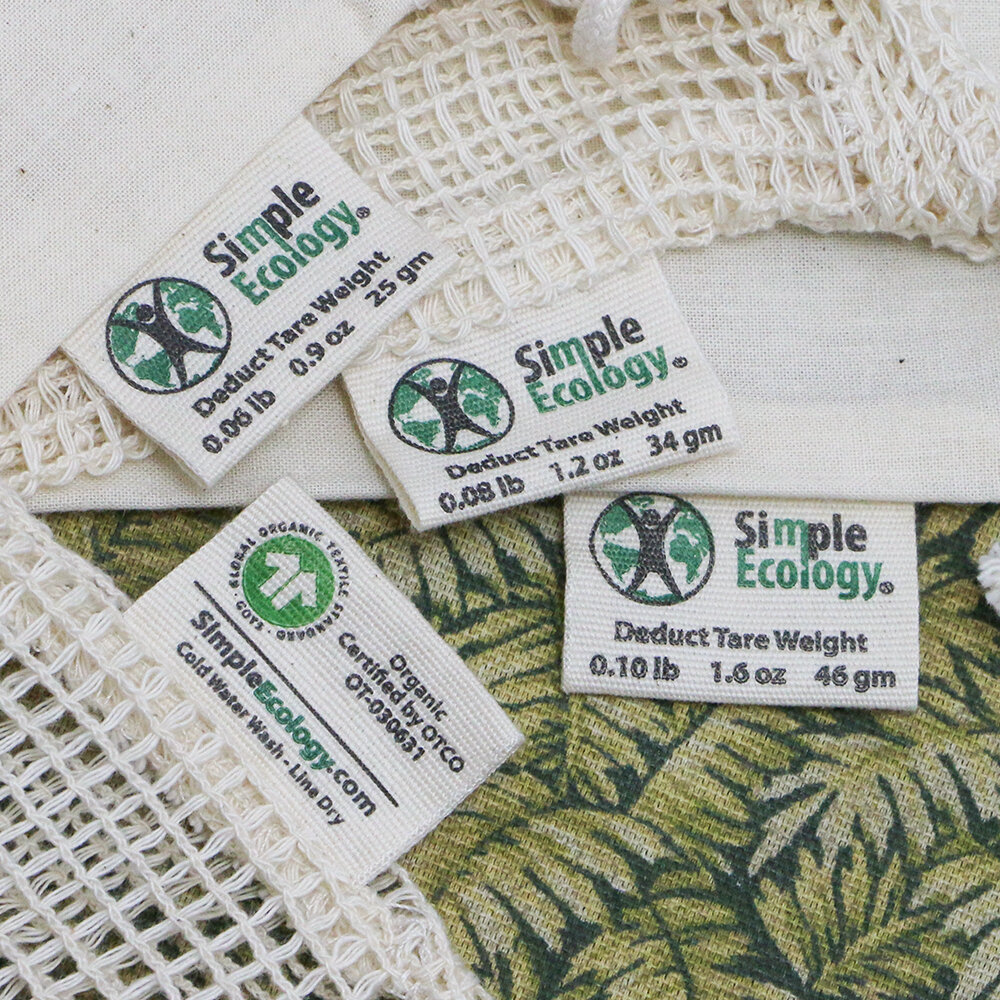Are You Buying Certified Organic?
Now-a-days so many individuals are concerned with what they put into their bodies and how it affects them, which is why organic produce has such a big draw. Merriam-Webster defines Organic as a food or crop produced “without employment of chemically formulated fertilizers, growth stimulants, antibiotics, or pesticides”. By USDA standards, this does not only apply to the crop itself, but also the soil which it is grown in. It is becoming much more common these days to buy organic as an environmental concern, as information comes out about fertilizers, pesticides, and other chemicals being leeched into the soil and ground water. And if buying organic, in order to avoid chemical contamination, is such a big environmental concern for food, why would it be any different for other products in your life?
The Global Organic Textile Standard, or GOTS, is a top tier standard for organic textiles, fabrics, and fibers, which can be applied to everything from clothing to rugs to cloth bags. While other organic certification standards, like the USDA Certified Organic, look at the growing and processing of organic materials, GOTS looks at the entire supply chain which includes the growing, harvesting, processing, manufacturing, packaging, labelling, trading, and distribution of a product. With this strict of a set of guidelines, the GOTS certification proves to be one of the most rigorous certifications to achieve in the textile business. This certification applies the products being sold by a company, but companies which are dedicated to sustainable practices and environmentally friendly behavior can also be certified themselves.
Not only does the fabric have to meet a strict environmental criteria for GOTS certification, but also a criteria for social responsibility. Similar to the Fair Trade Certification for foods like coffee and chocolate, GOTS certification ensures safety and fair compensation for the hard working people who provide our necessities, and who are so often overlooked. This includes requirements such as safe and hygienic working conditions, living wages, and regular employment being provided, while banning child labor, discriminatory practices, and harsh or inhumane treatment. This guarantees rights to the people working and creating these products, conveying to the consumers that no inhumane practices were used to bring them these goods.
Simple Ecology is currently the 98th GOTS certified company and vendor in the United States, and currently one of only two vendors selling Organic Grocery and Produce Bags in the United States. This certification has to be renewed annually, so you know that the quality of products will not drop off. By understanding what goes into a GOTS certification, you can understand what a rigorous standard this is to meet, and how uncontaminated the manufacturing and creation of these products actually are, by either ecological or social wrongdoings. And while many companies claim to be offering organic products made of quality goods, you can never be certain if this is the truth or just another marketing ploy. Real organic materials and products will have clear labeling and a verification number attached to them, not just a sign claiming to be organic. If they truly are GOTS certified, they will have the GOTS tag AND the certification number directly underneath, one without the other does not verify certification. And if you see a $0.99 bag claiming to be organic, be wary, as truly certified organic cotton is 3 - 4 times as expensive as cotton grown with pesticides and chemicals. We at Simple Ecology would like to encourage you to look into any products or companies which claim to be organic, and see if they meet the strict criteria for both environmental and social responsibility that it takes to receive a GOTS certification.
For more information about various organizations referenced:
United Stated Department of Agriculture Organic Certification



